Mozambique: Red Cross resumes food assistance for drought-affected families in Tambara and Machaze, ...
Mozambique: Prioritising politicians “would increase” trust in vaccination – Watch
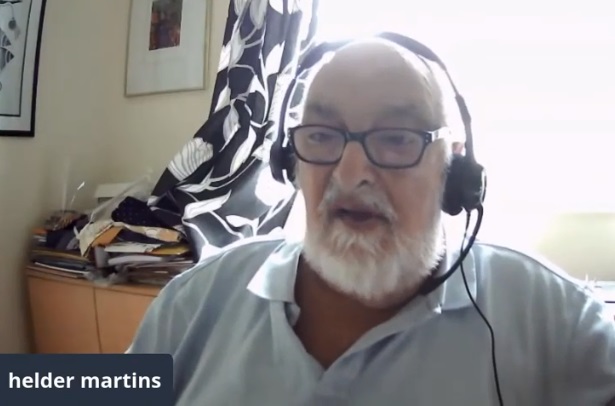
Screen grab: MTTTV
Public health expert Hélder Martins questions the criteria used to define priority groups for vaccination against Covid-19. Logistical difficulties will challenge the implementation of the plan in Mozambique.
Hélder Martins, a former member of the Technical-Scientific Commission for the management of the Covid-19 pandemic in Mozambique, this Friday (12) called the country’s vaccination plan “good”, but nevertheless had a few criticisms.
“State leaders do not appear in the plans, and they should. Their absence raises questions, suspicions, rumours … Why aren’t state leaders a priority? Certainly I don’t know which priority level they are, but it should be known,” he says.
The founder of the Mozambique national health system explains that the vaccination of officials should be public knowledge, so as to dampen suspicions about the safety of the vaccine.
Incongruities
The vaccination campaign started in Mozambique on March 8 has four phases.
The first phase targets health professionals, the Defence and Security Forces (FDS), elderly people living in nursing homes, and registered diabetics. The second phase encompasses other patients with diabetes, plus prison inmates and residents of urban areas over the age of fifty. The third phase prioritises residents over 50 in rural communities, and the last phase, the rest of the population.
Public health specialist Hélder Martins thinks the plan has several incongruities, starting with “the elderly are not at greater risk than diabetics”.
“I also don’t understand why the elderly living outside homes for the elderly were given a lower priority. Then, the group of over 50 was created, but no, that group should be over 65,” he says.
Speaking in a debate about Covid-19 vaccination organised by MTTV (Moçambique Think Tank TV), a communication platform bringing together several non-governmental organisations, Martins also said he did not understand why the Defence and Security Forces were mixed with diabetics in the priorities.
“The diabetics are divided into two groups,” he also notes: “those who are registered with the association and the others … I think this is anti-constitutional, I think that being a member of an association or not cannot be a public health priority criterion.”
Logistical challenges
Mauro Colombo, a microbiologist at Eduardo Mondlane University, the largest higher education institution in the country, notes that vaccination can face logistical problems, especially in rural areas.
“We know the difficulties of our country, how complicated the logistics are …,” he says. “We are aware of the problems with our roads, all these safety factors. It is one thing to make a plan and another having the logistical capacity to carry it out,” he warns.
The Mozambican government expects to receive around 1.7 million doses of vaccines against Covid-19 by May. Since the beginning of the pandemic, a year ago,
Mozambique had, by Monday, March 15, recorded 729 deaths associated with Covid-19 among its 64.642 diagnosed cases. Of these, 78.2% are accounted recovered, and 162 hospitalised.
Watch the full debate with professor Mauro Colombo (microbiologist), Professor Carlos da Maia (project manager) and Professor Helder Martins (medical doctor) below:


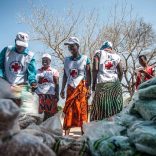
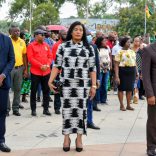


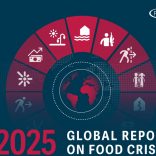
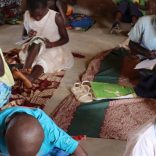




Leave a Reply
Be the First to Comment!
You must be logged in to post a comment.
You must be logged in to post a comment.